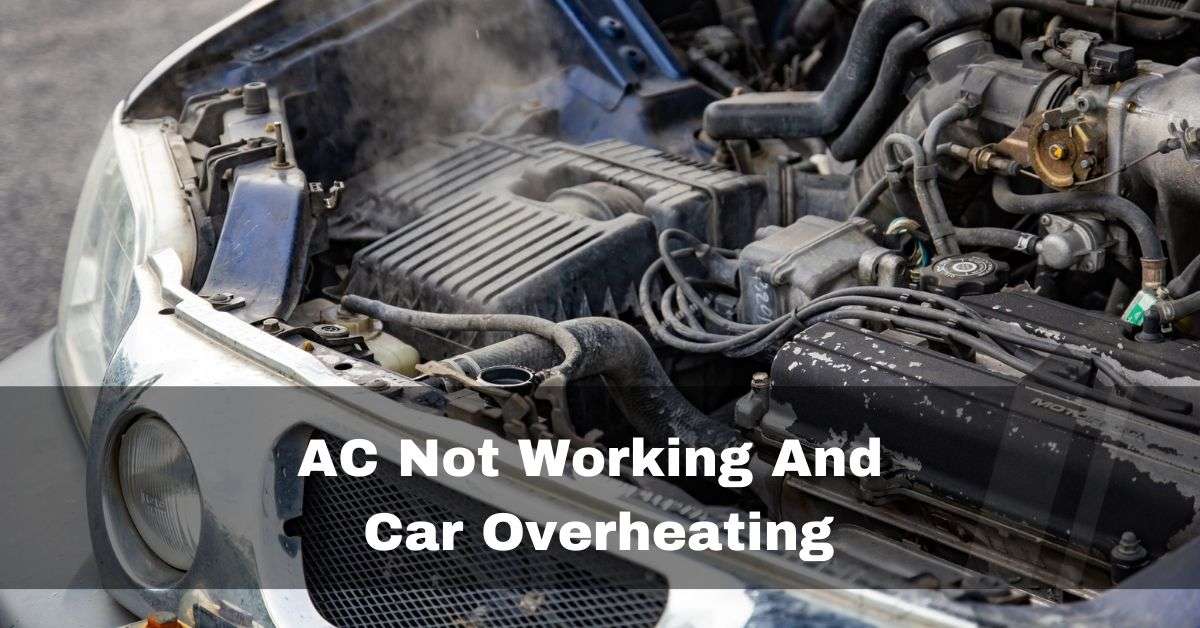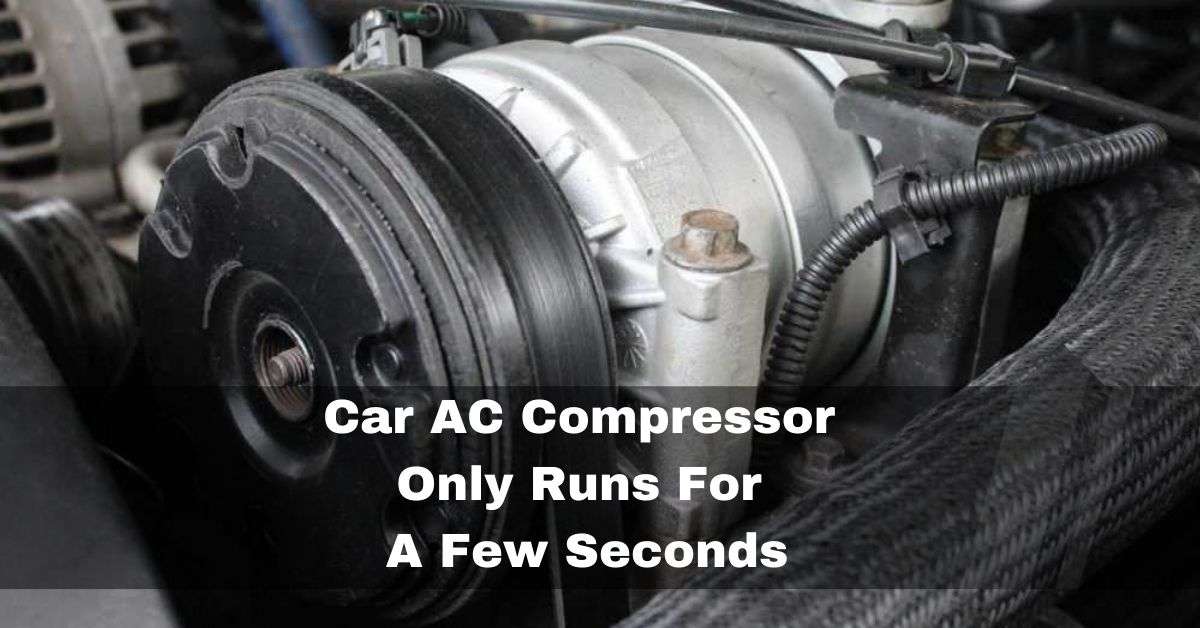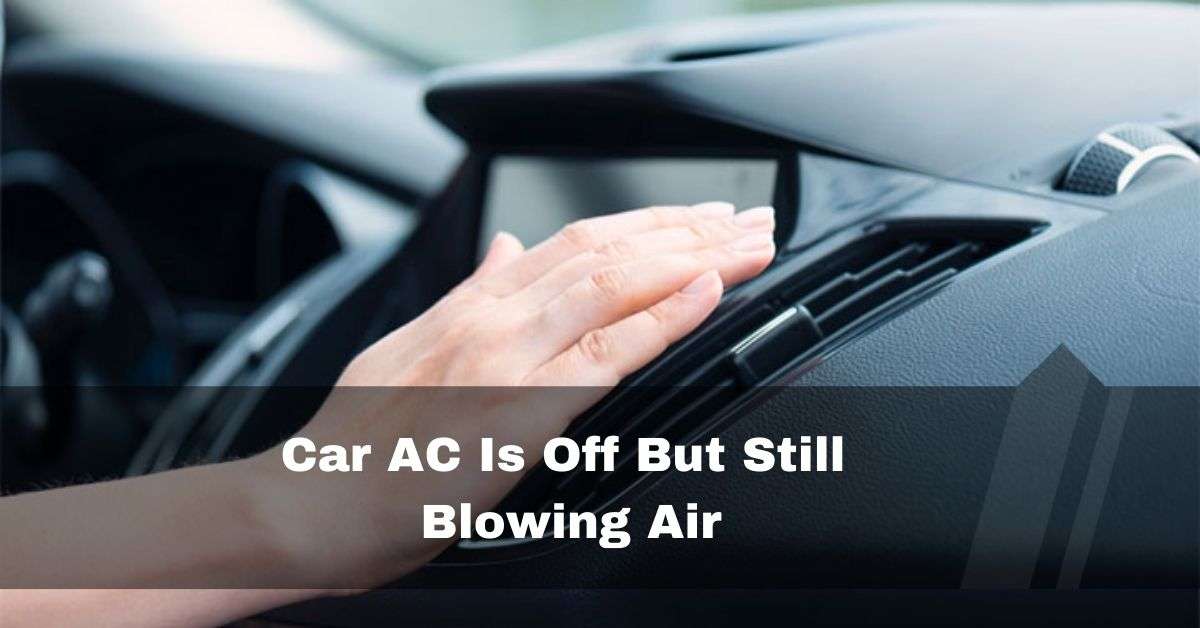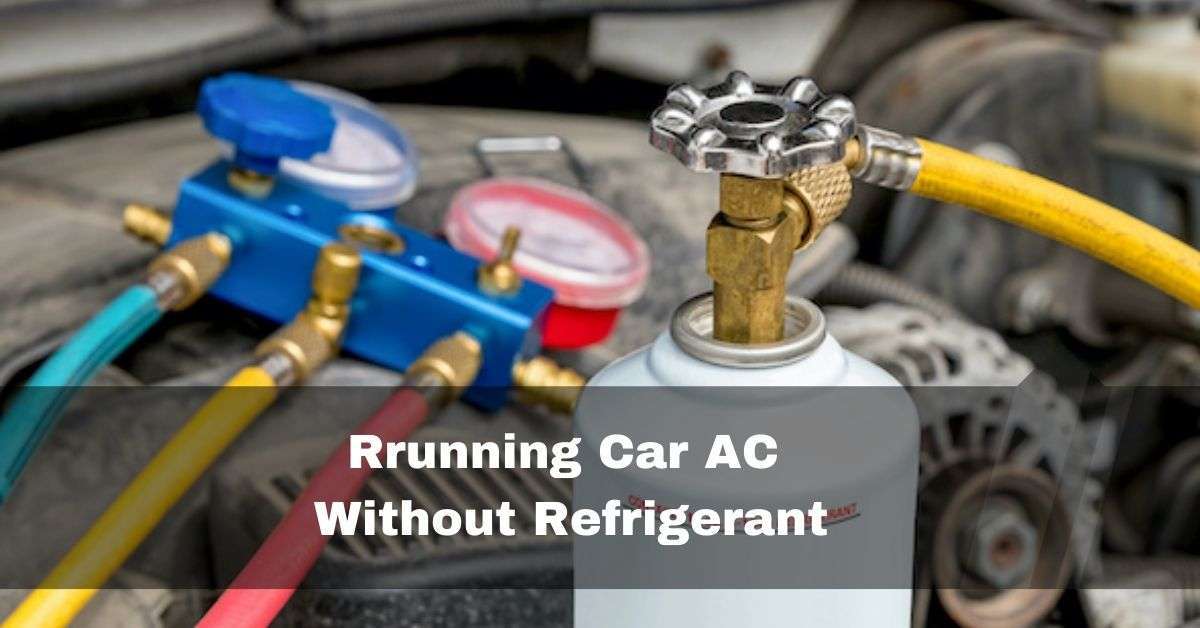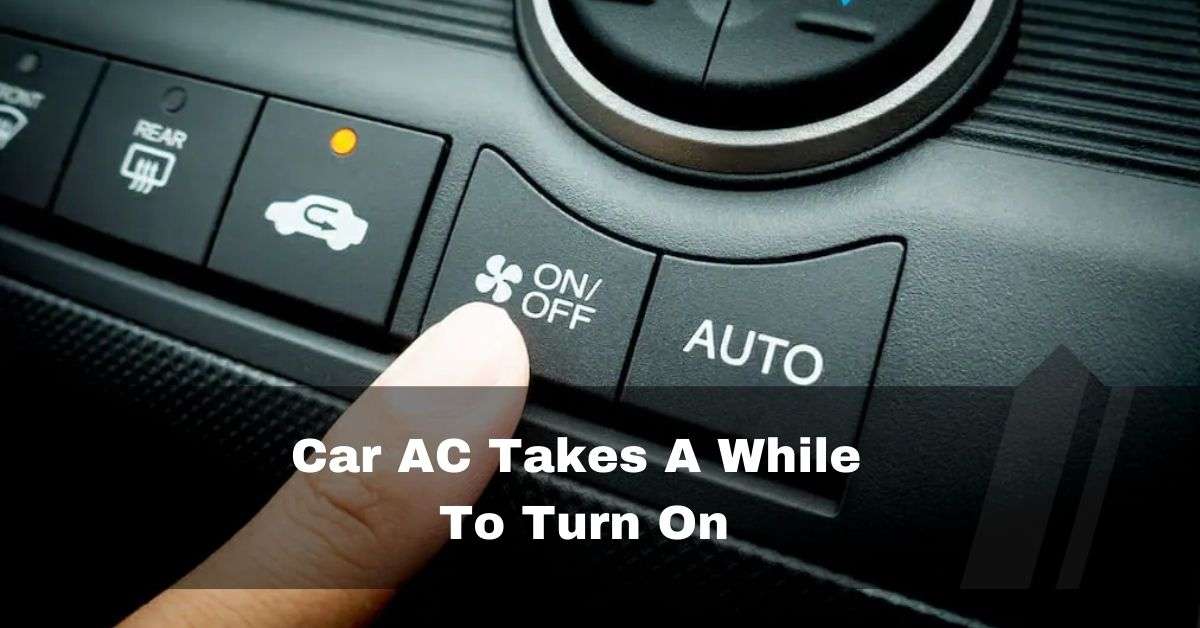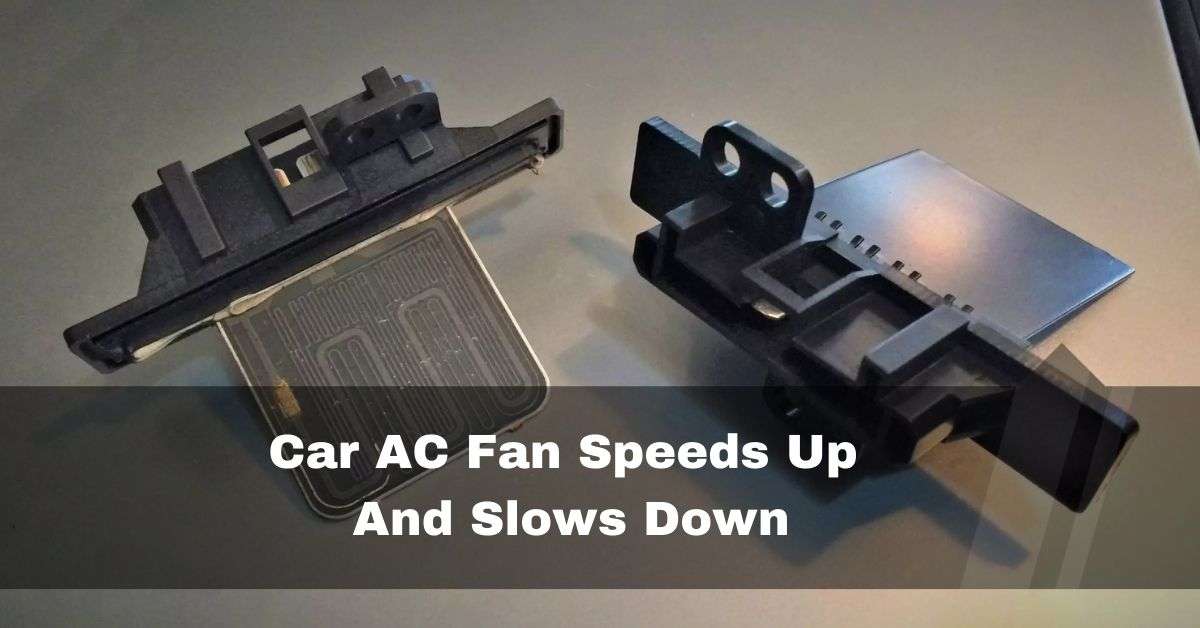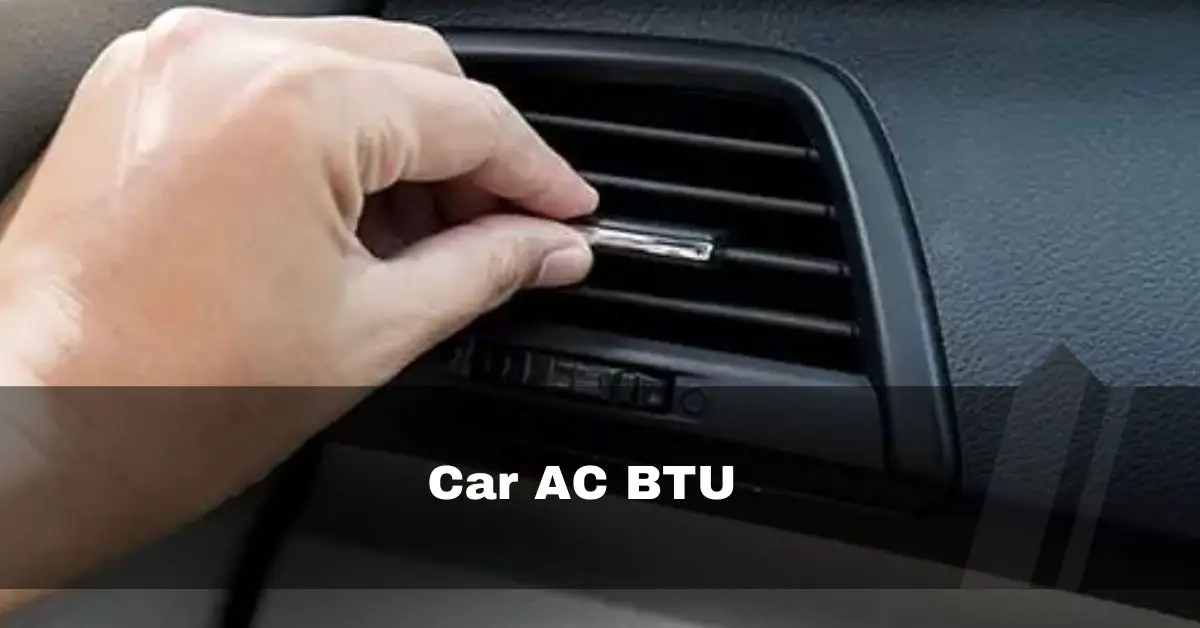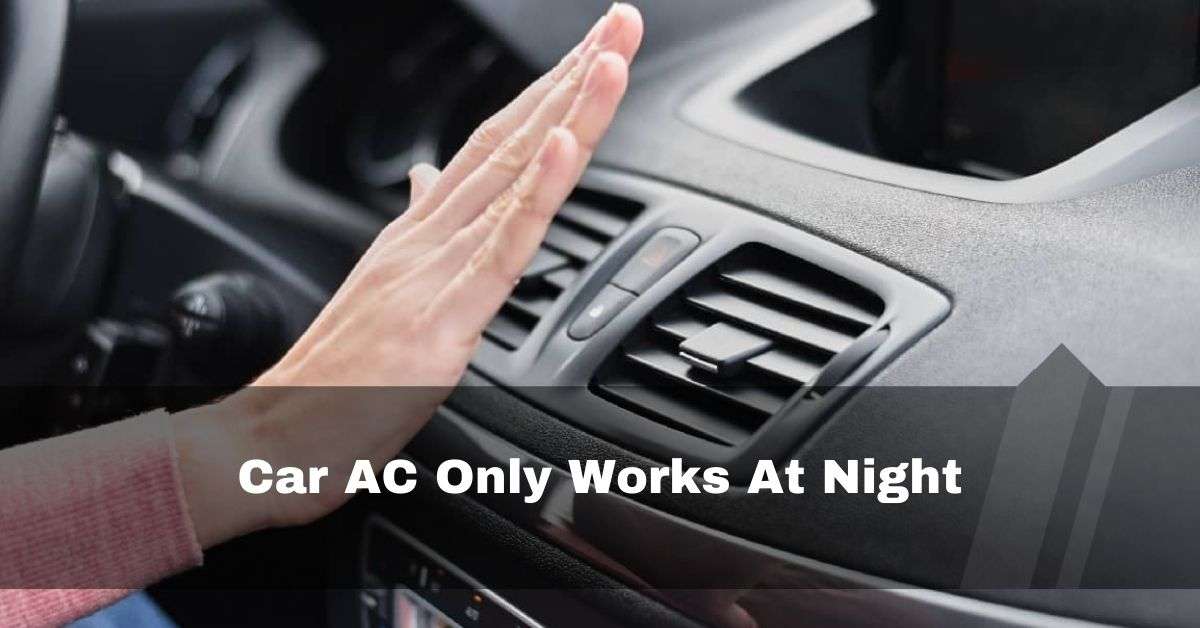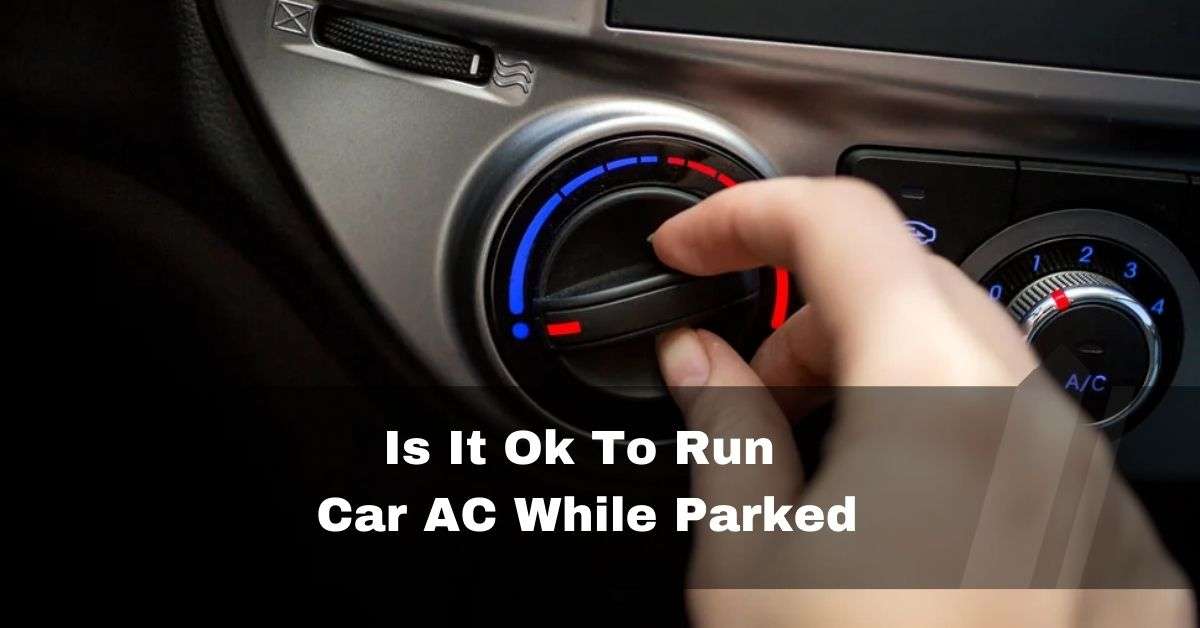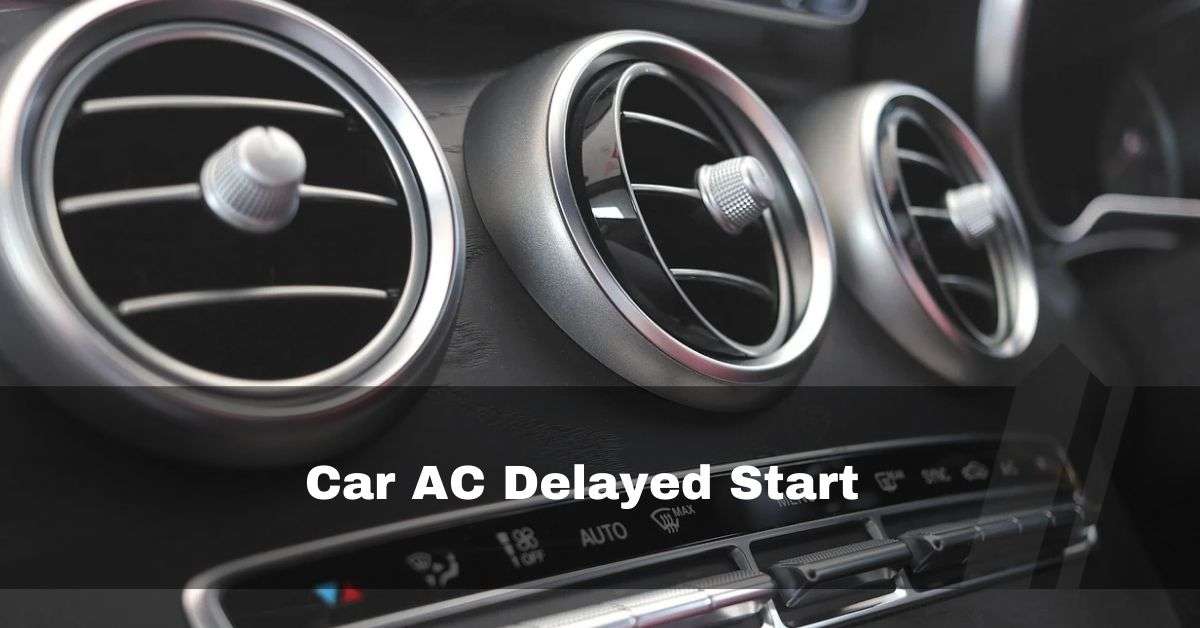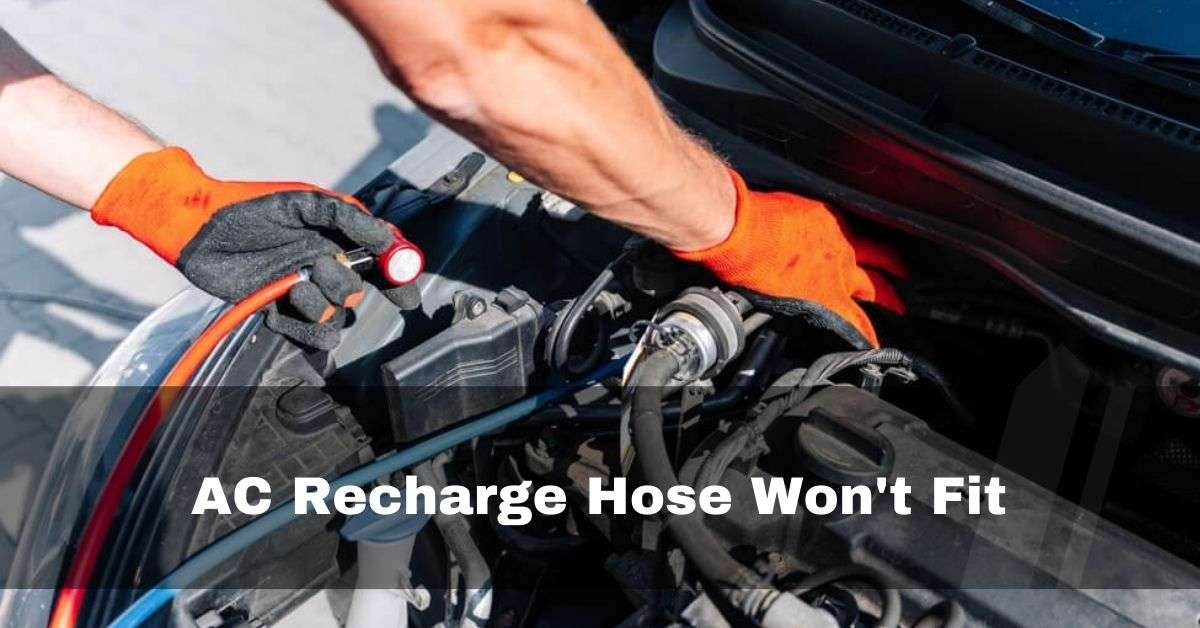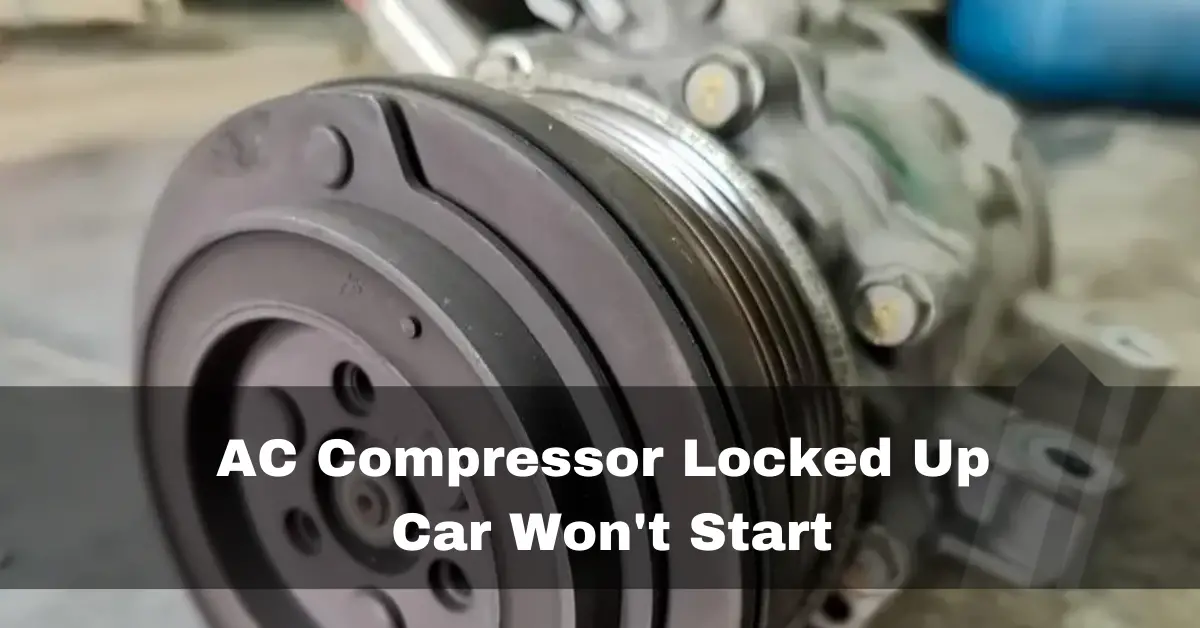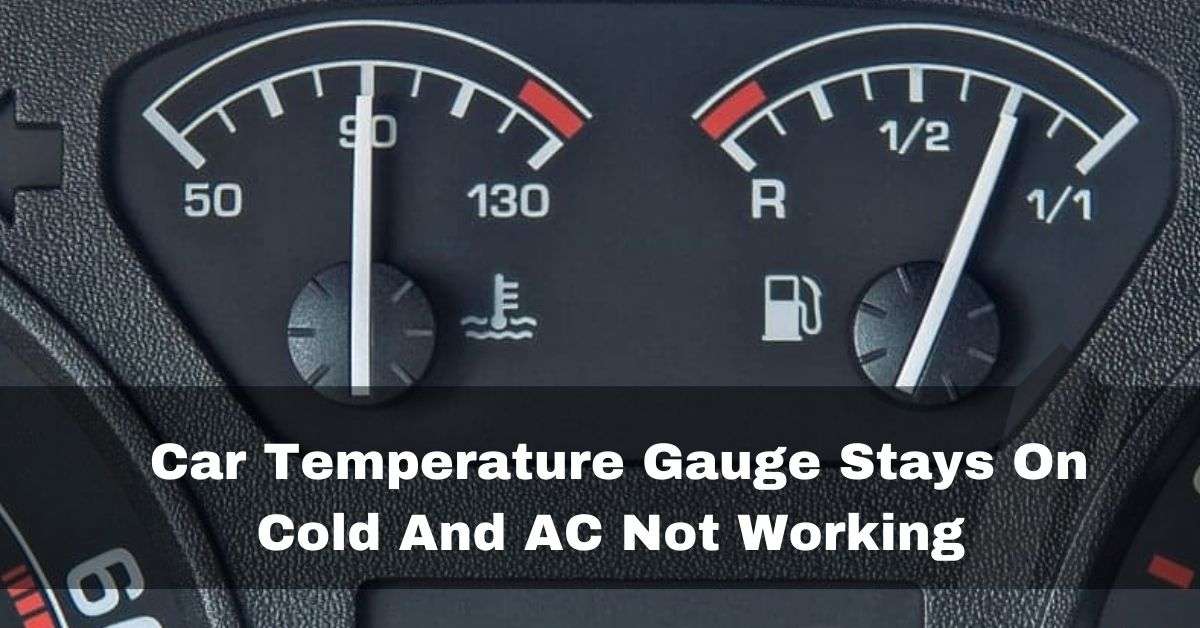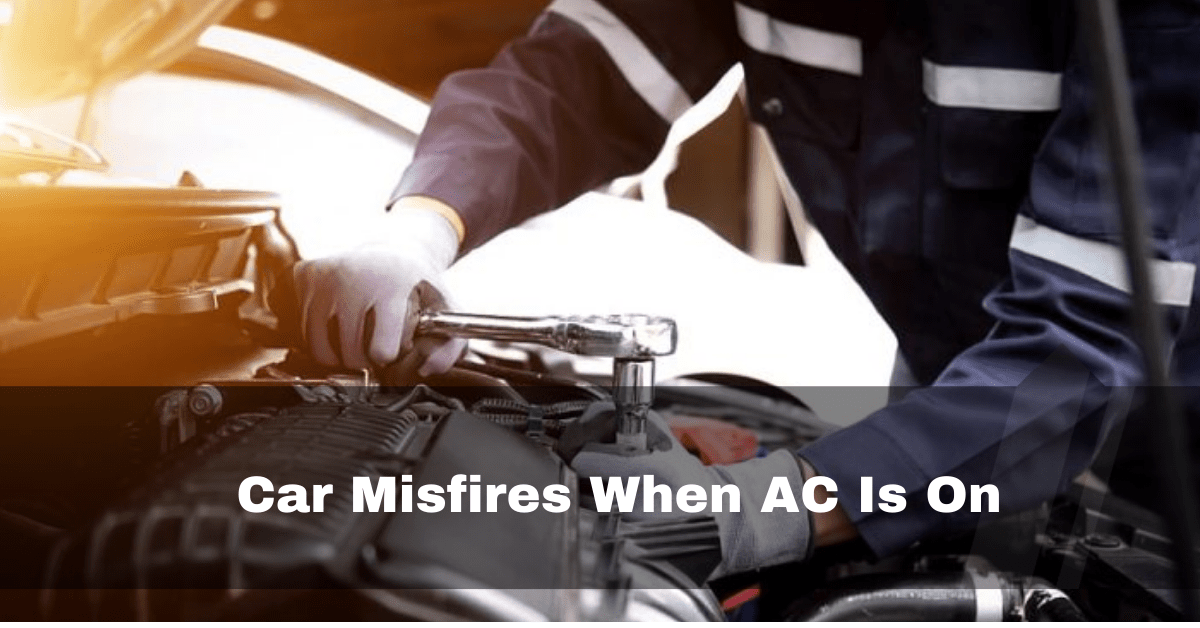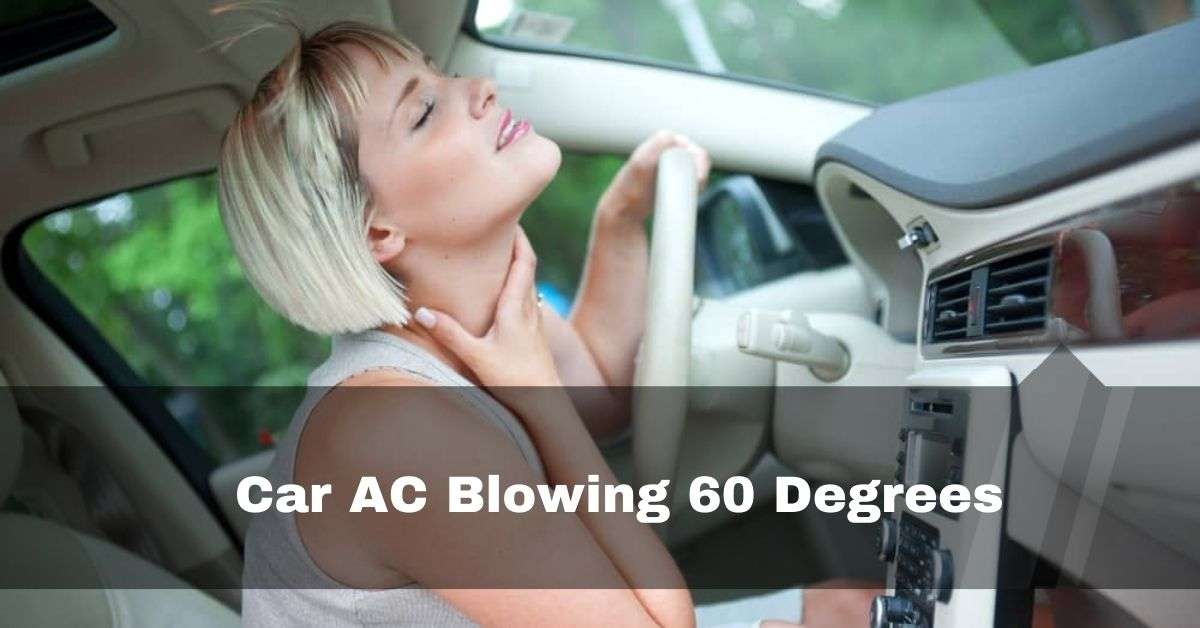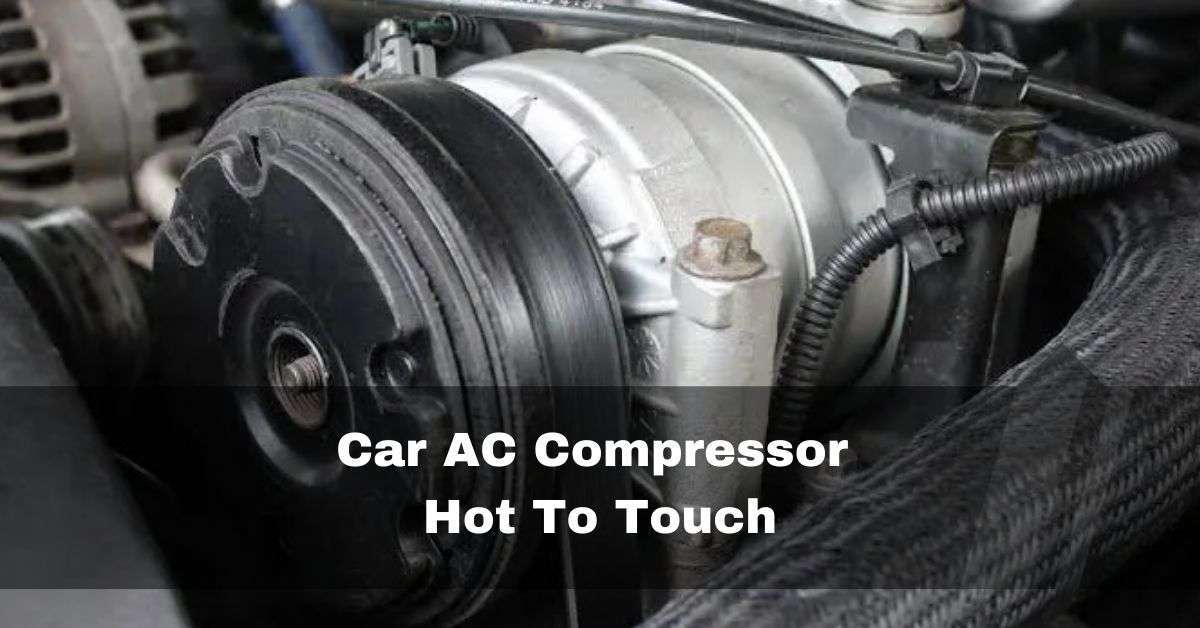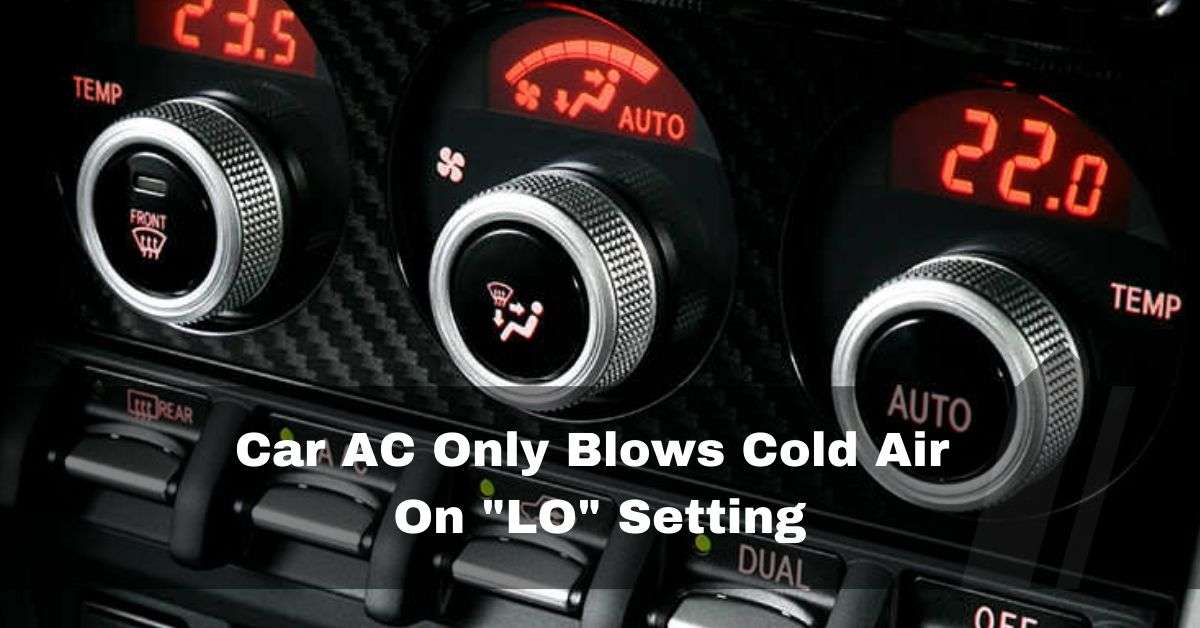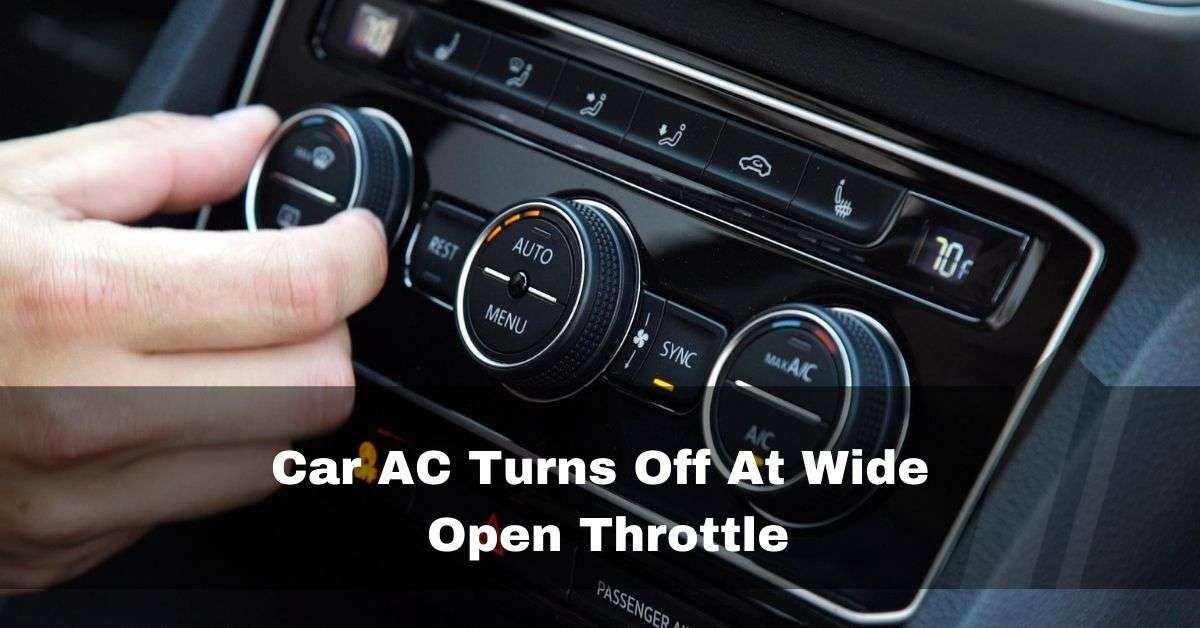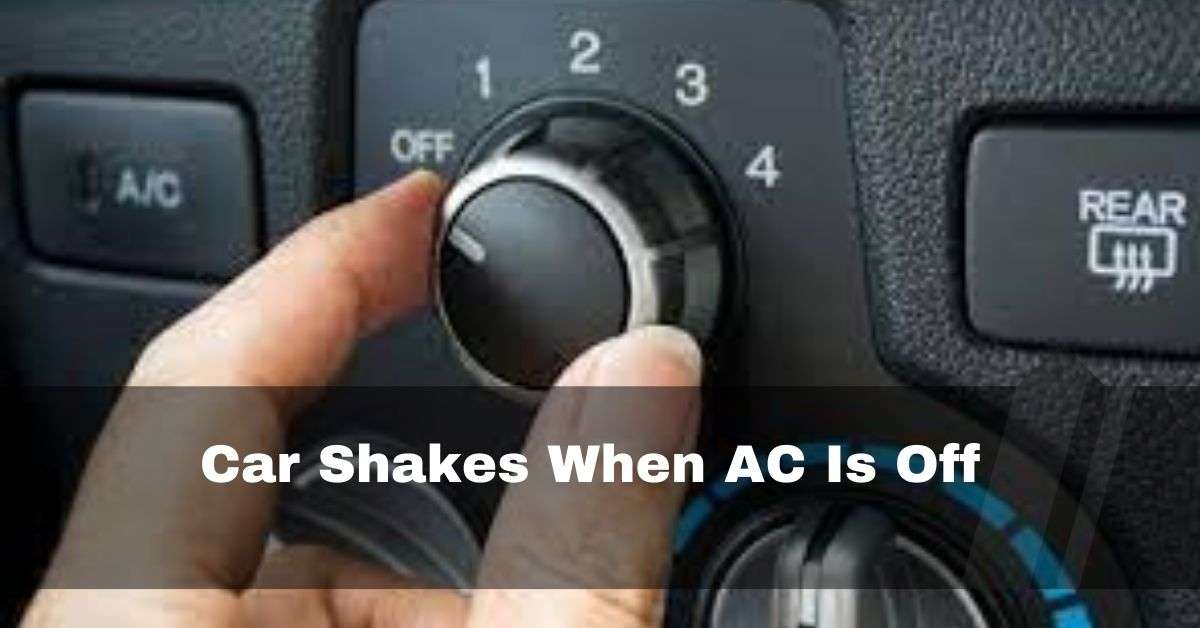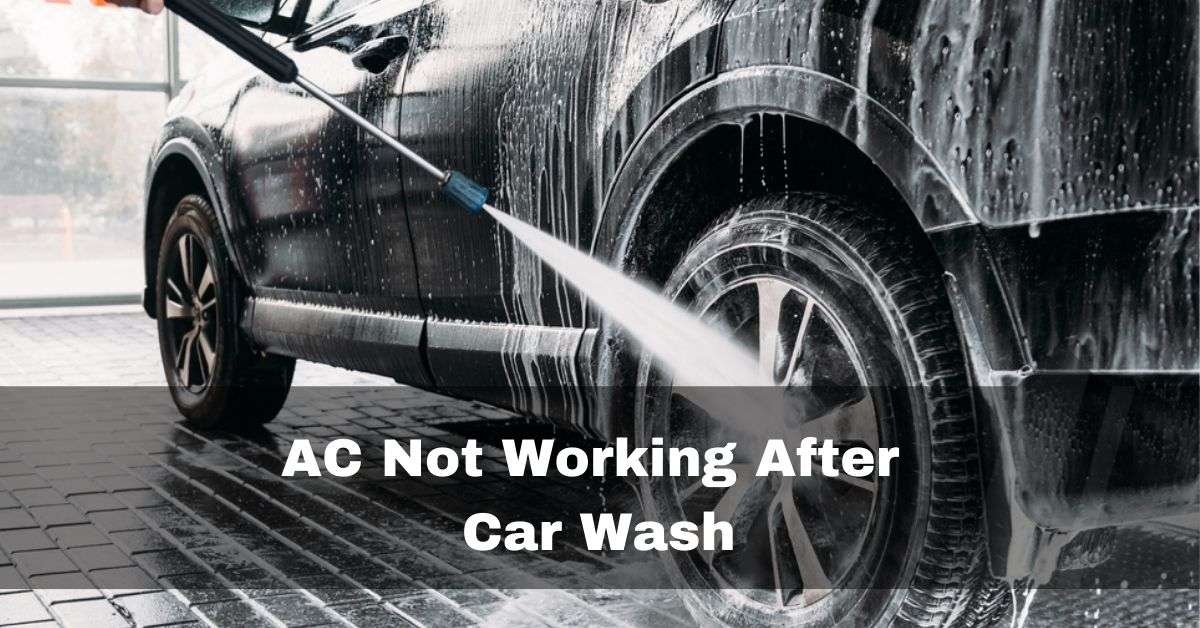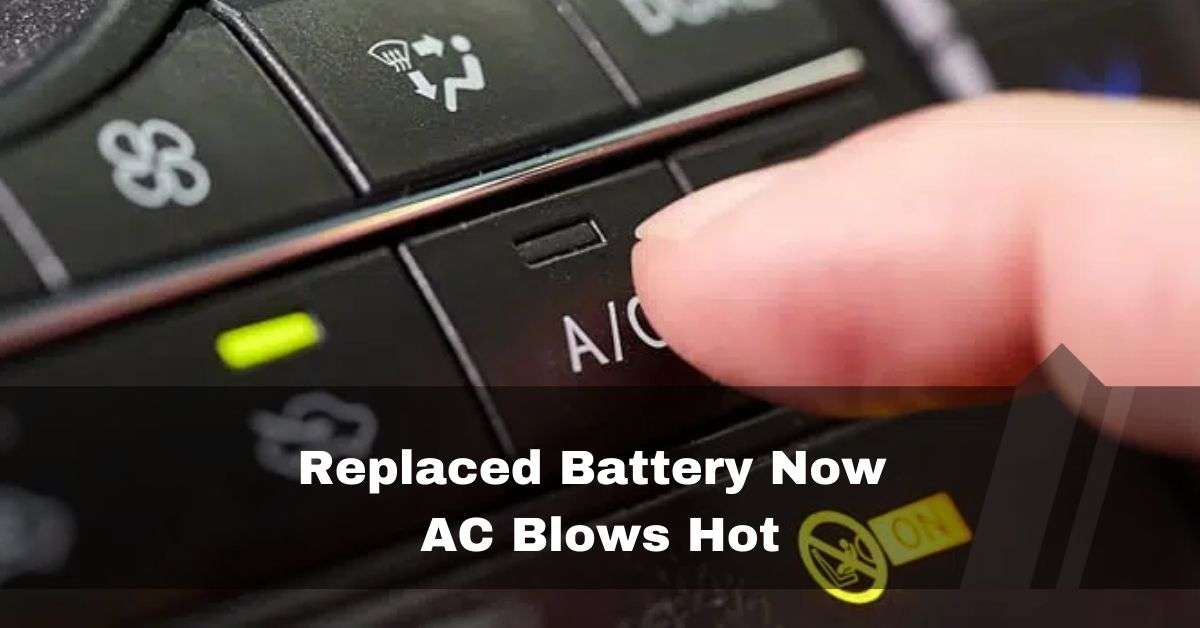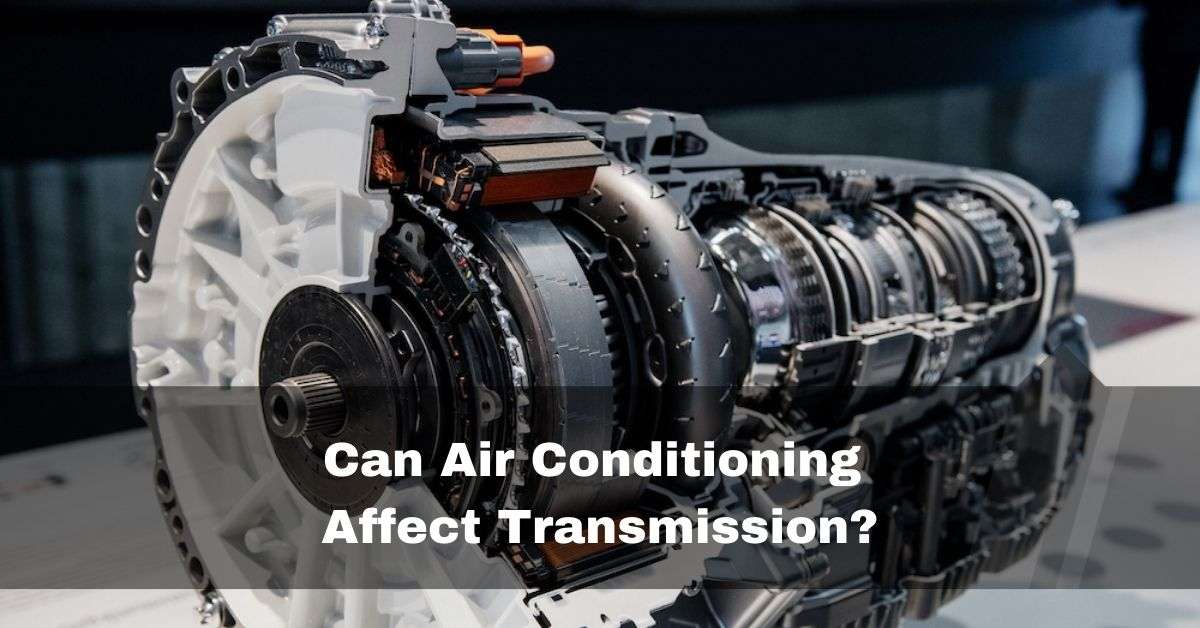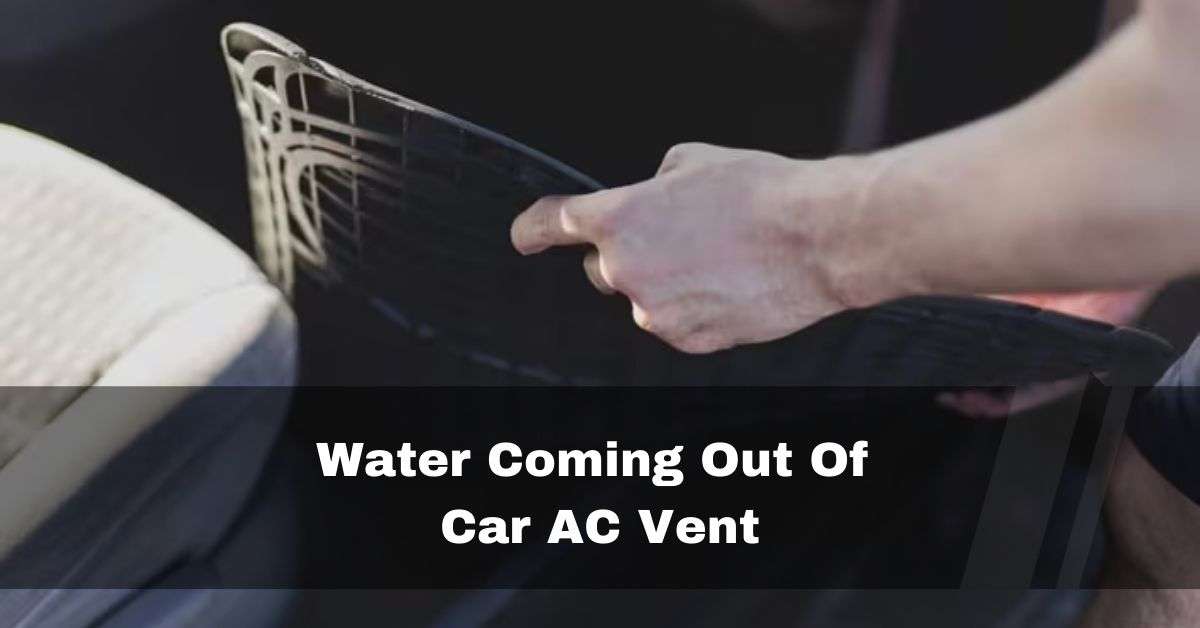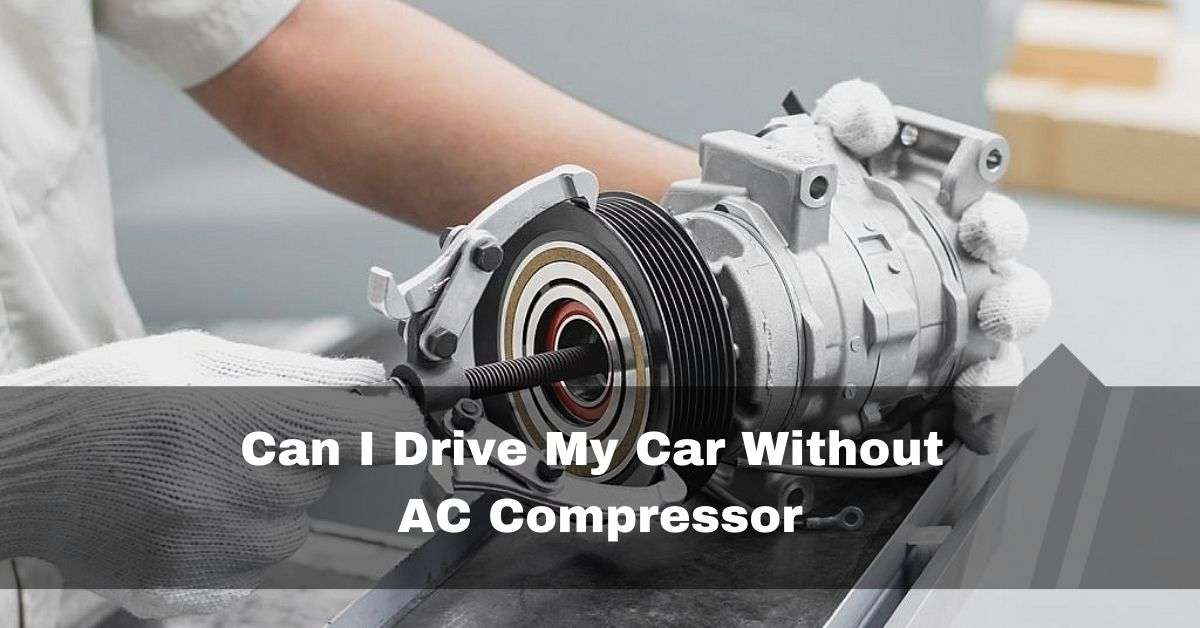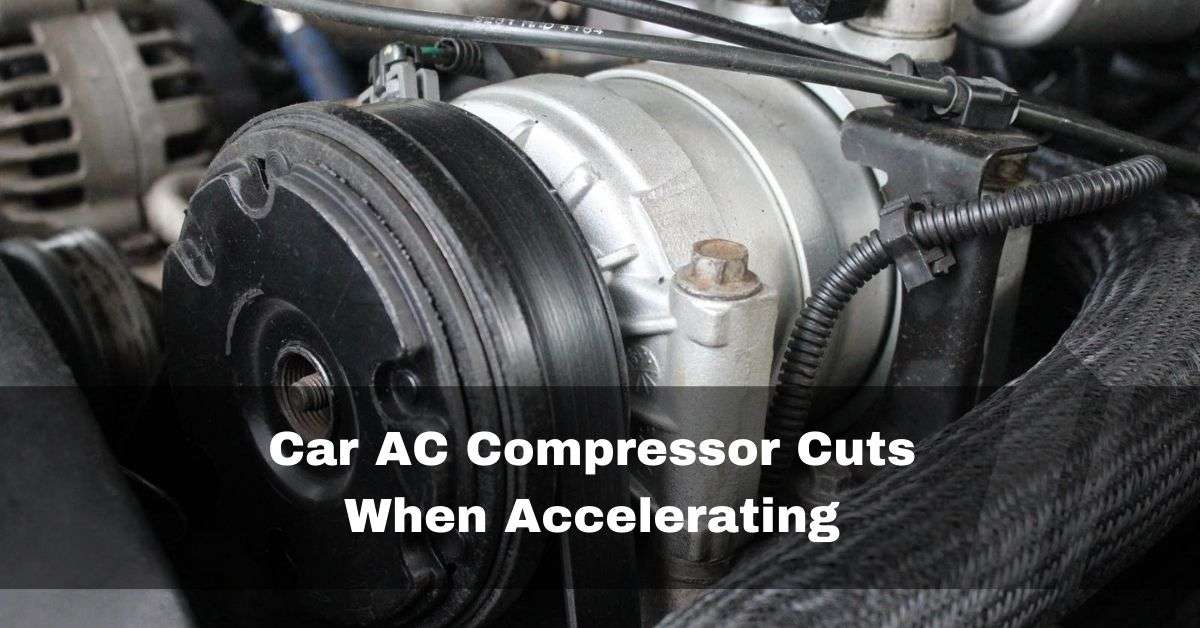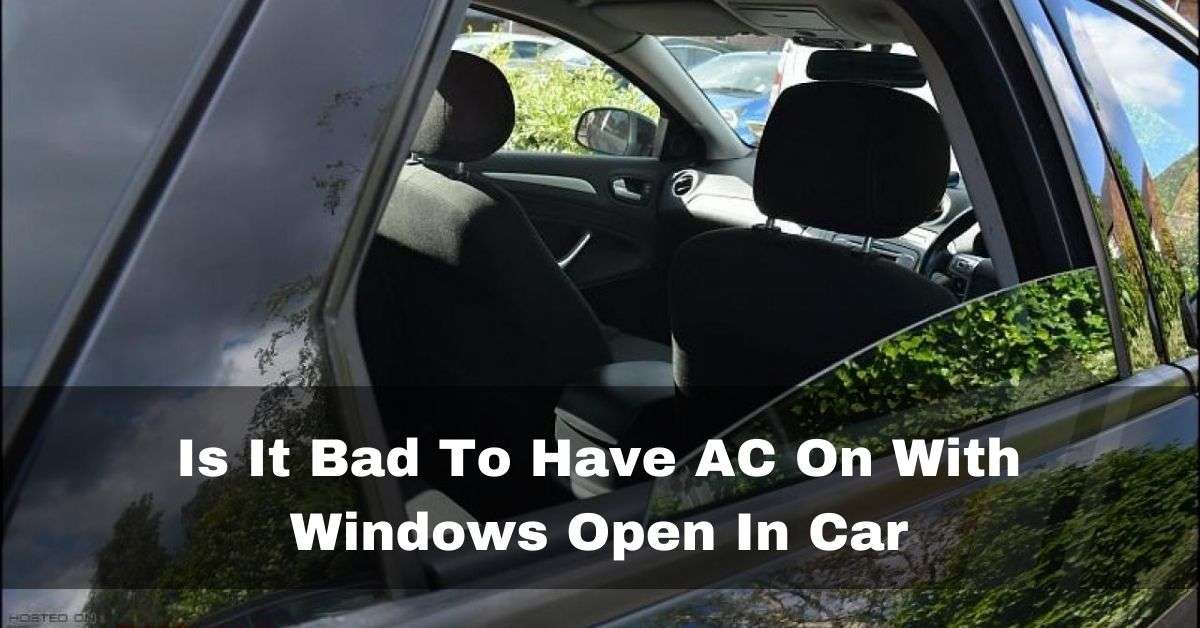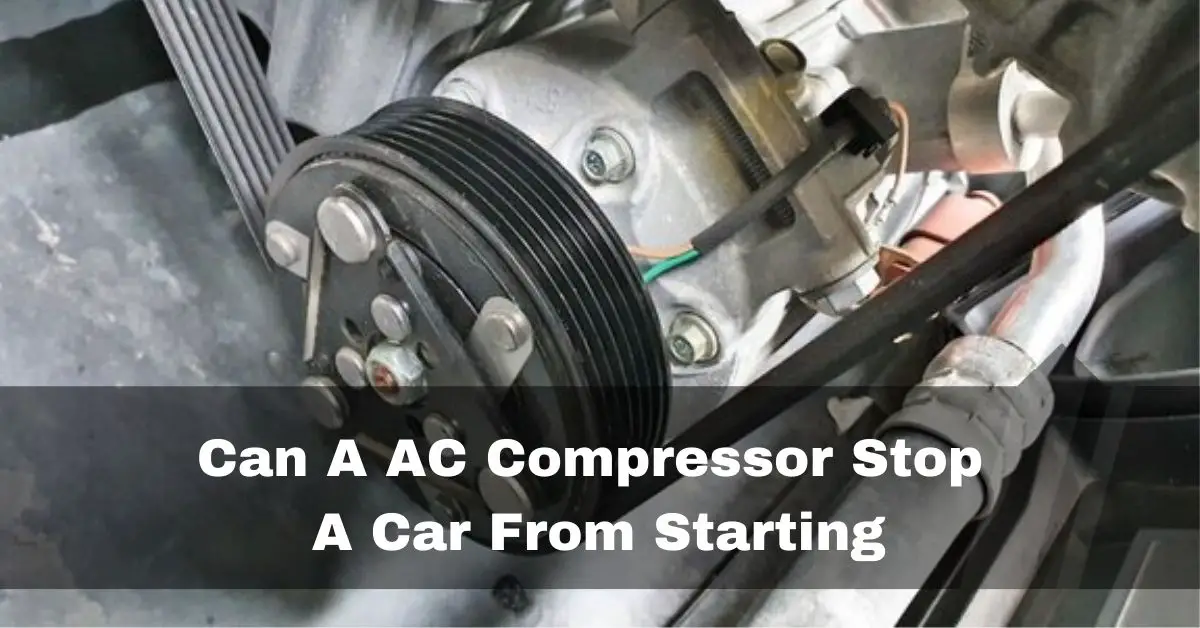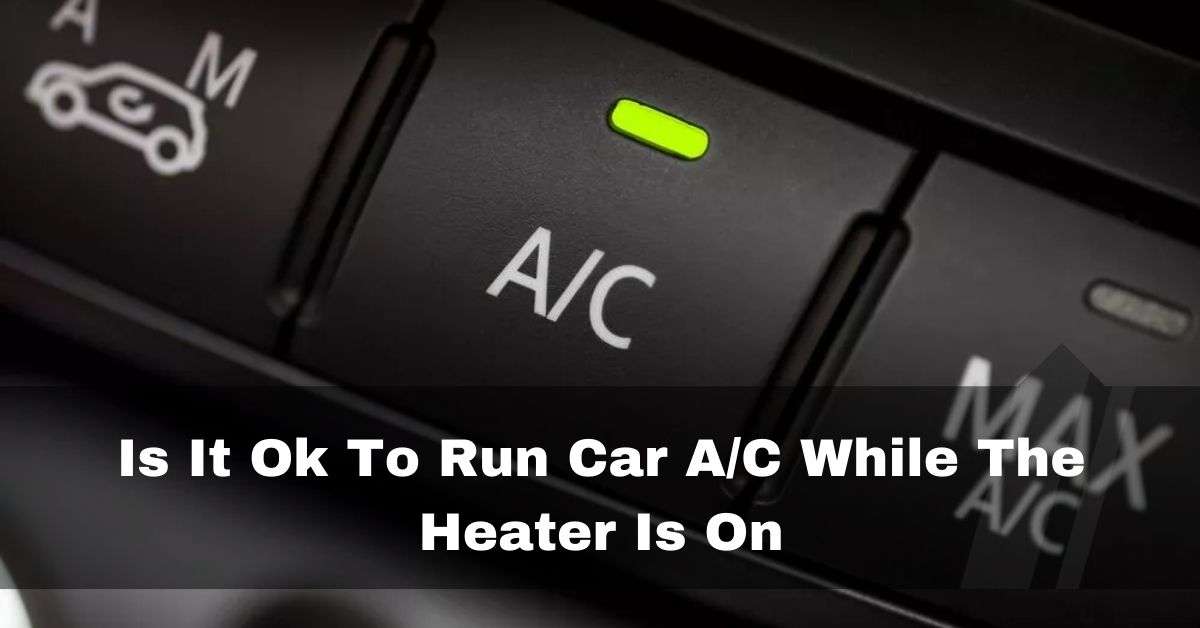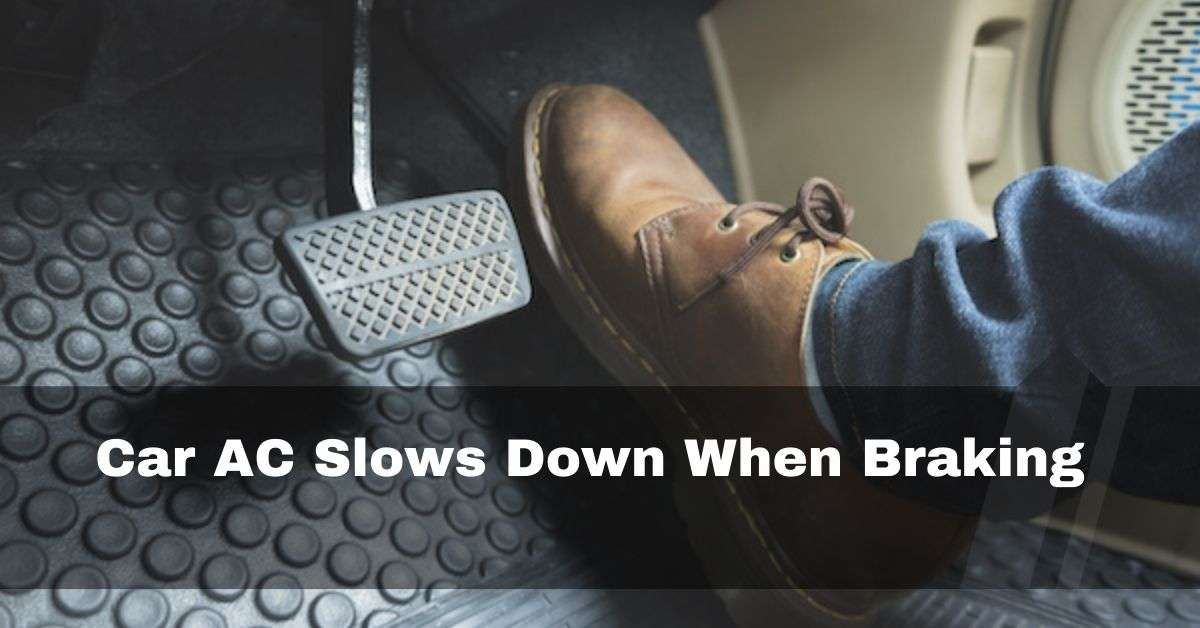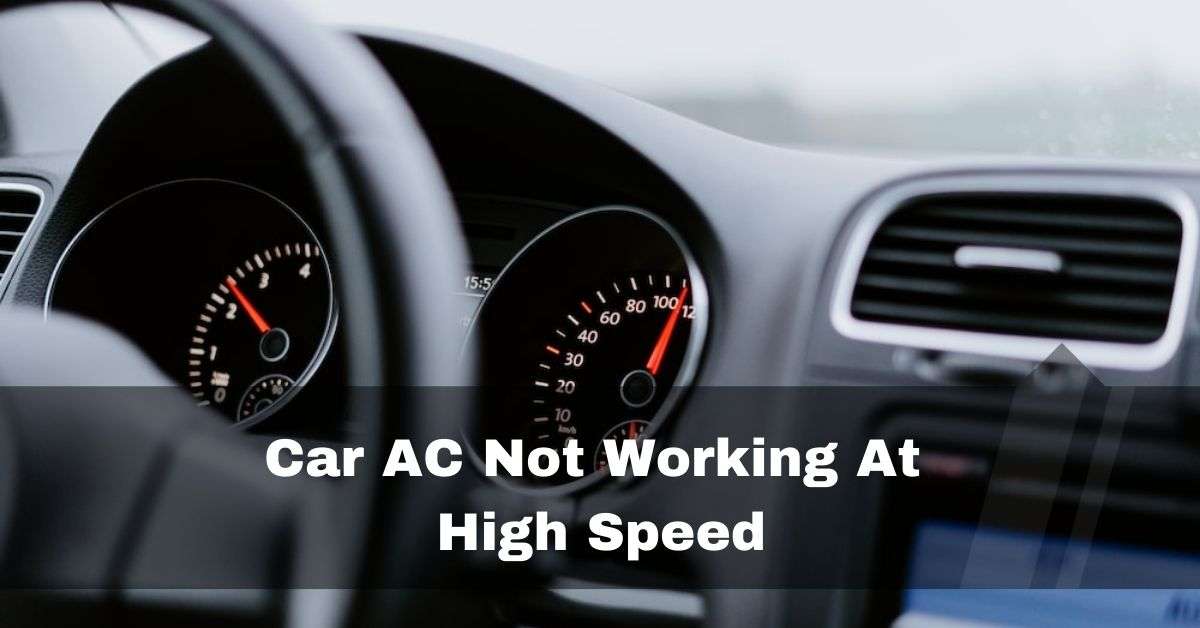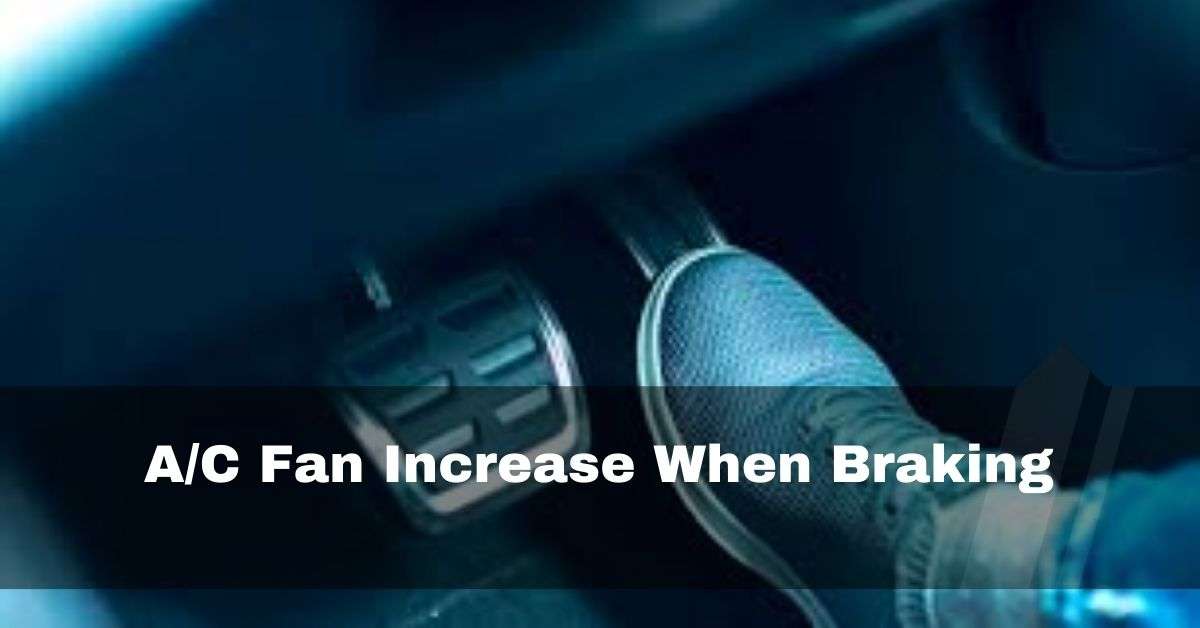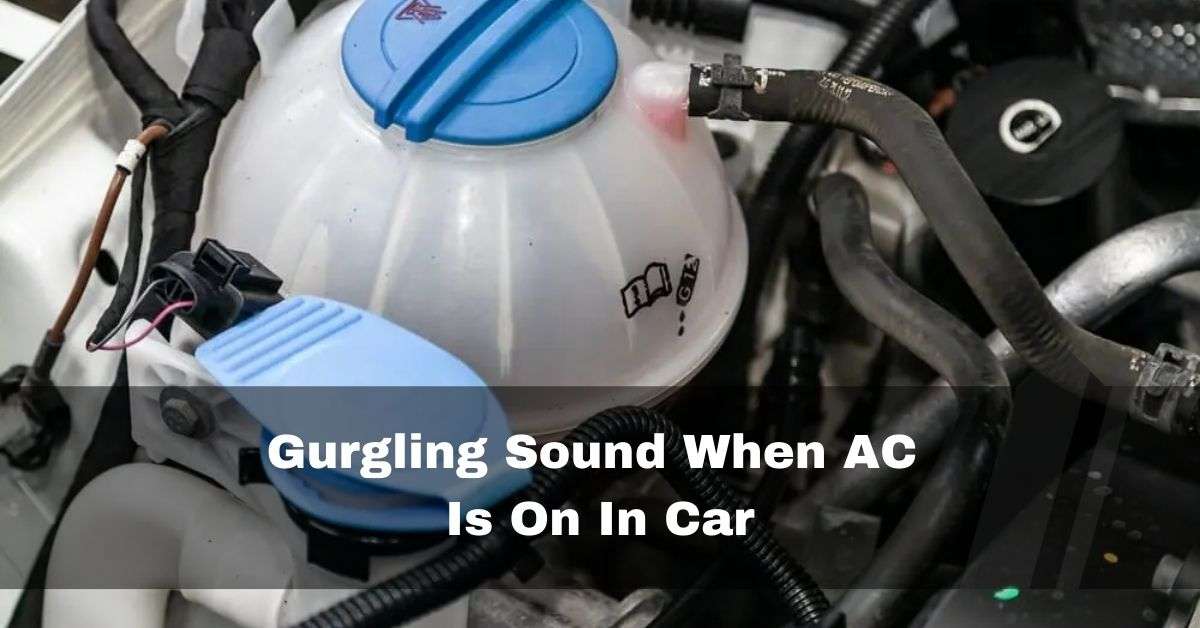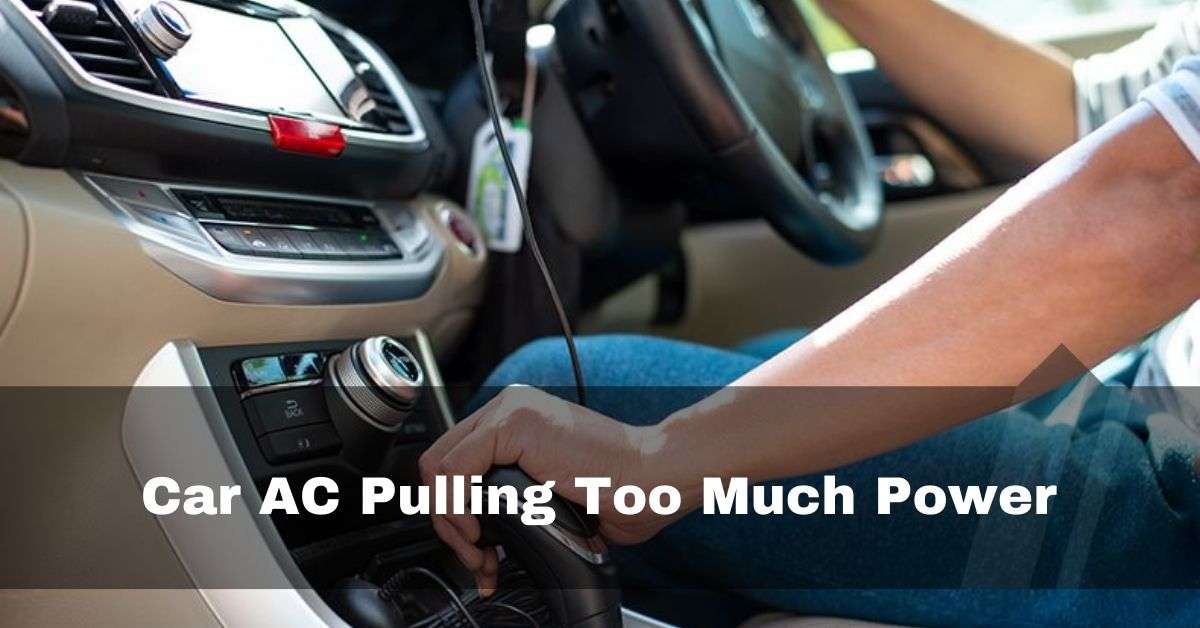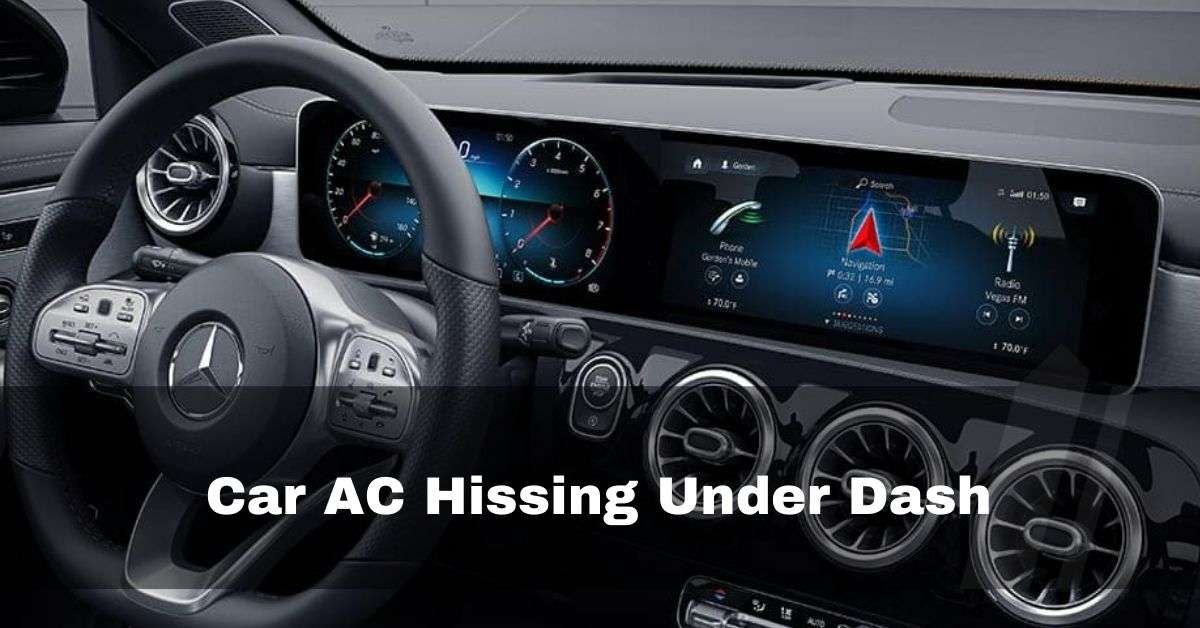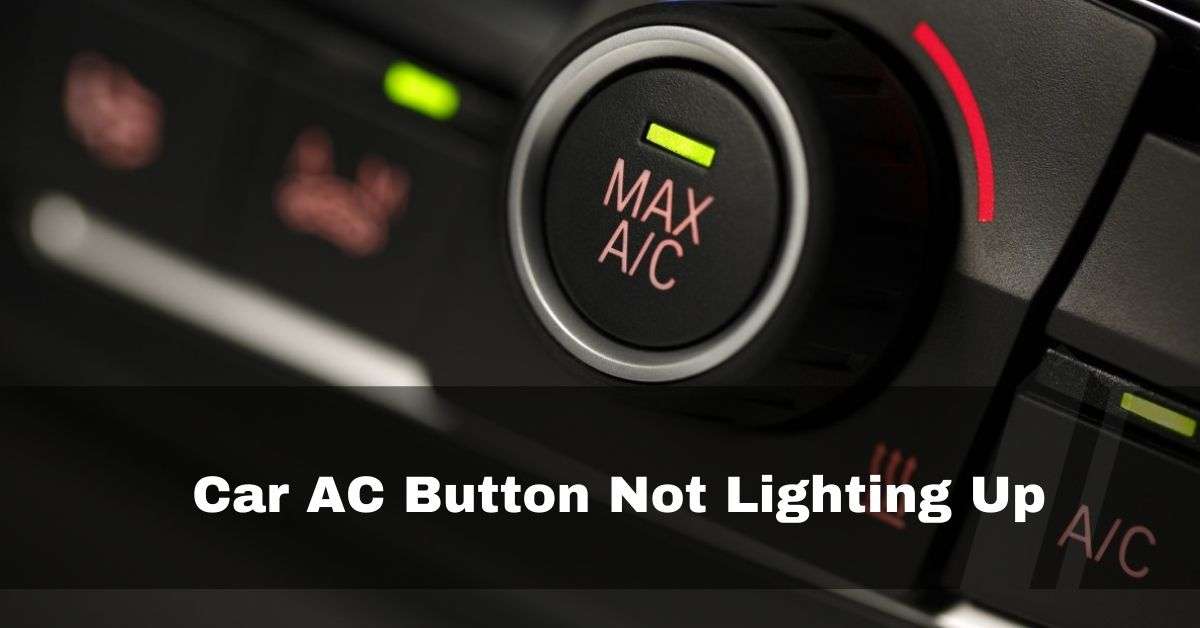Nothing is more unpleasant than trying to cool your car down while traveling on a hot summer day only to discover that it has stopped working. To make matters worse, the temperature monitor is dangerously close to the red zone.
The most common causes are clogged condenser, lousy thermostat, ac compressor overload, faulty radiator, fan, cooling system problems, and defective engine coolant.
You may address these problems quickly and successfully if you comprehend the various reasons and troubleshooting techniques discussed in this article.
Table of Contents
The Dual Dilemma: AC Failure And Engine Overheating:
Although they may appear to have nothing in common, the cooling fan for the engine is a vital part of your car’s air conditioning and engine cooling systems.
This fan circulates air through the radiator to remove heat from the engine coolant, and the air conditioning system also uses it to cool the condenser.
The engine cooling fan also turns on simultaneously to keep the engine and the AC system at ideal temperatures when the AC is running. A broken engine cooling fan might result in a broken air conditioner and an overheated engine.
What Are The Symptoms Of A Car Overheating And AC Not Working?
1. Temperature Gauge:
The engine coolant’s current temperature is displayed on the temperature gauge on your car’s dashboard. This gauge will enter the “hot” or “danger” zone if the engine begins to overheat, signaling a potential problem.

2. Car Feeling Physically Hot:
You might find that your car’s hood feels extremely hot to the touch. The combination of the AC being on and the engine possibly having trouble maintaining its temperature is causing the engine to produce more heat than it should.
3. Ticking Sounds from the Engine Compartment:
The engine parts may expand quickly due to overheating, resulting in ticking or clicking noises from the engine compartment when the parts rub against one another.
4. Engine Shut Down:
In extreme circumstances, the engine control system may switch off the engine if the temperature reaches a dangerous level to stop additional damage. This safety device guards against severe engine failure.

5. Strange Odor:
The smell of overheating is occasionally noticeable and is frequently characterized as sweet or burned. This odor can indicate that the engine coolant is leaking or boiling from overheating.
6. Speeding Issues:
Performance difficulties can result from overheating. When you accelerate, you can experience a loss of engine power or responsiveness. It is due to the engine’s difficulty running well while carrying an additional load from the air conditioner.

7. A Cloud of Steam:
If the engine runs at a high temperature, the coolant may boil and produce steam. It may cause a cloud of steam to rise from the engine compartment. If steam is present, your engine operates too hotly and requires quick care.
It’s critical to act quickly to stop further harm to your engine if you see any of these symptoms while driving with the AC on.
Why Your AC Not Working And Car Overheats?
1. Clogged AC Condenser:
The airflow through the AC condenser is impeded if it accumulates trash, dirt, leaves, or other obstructions. It may prevent the AC system from releasing heat as intended, making it operate inefficiently.

Additionally, the airflow to the radiator, a component of the engine cooling system, is impacted by the decreased airflow through the front of the automobile.
2. Bad Thermostat:
Due to its controlling engine temperature, a bad thermostat might malfunction with air conditioning and overheat in your car. The thermostat’s improper opening and closing can disrupt the engine’s cooling system, which can result in overheating. The AC system’s performance depends on how well the engine can cool itself.
3. AC Compressor Overload:
The AC compressor burdens the engine more, increasing heat production. The engine can become overloaded and overheat if the compressor or the AC system isn’t working properly.
4. Problem With Radiator:
The radiator primarily removes the heat from the coolant. Overheating results from the radiator’s inability to adequately cool the coolant, whether due to clogging, leaks, or improper operation.

5. Faulty Fan:
The radiator is cooled by the cooling fan on the engine, which aids in preserving the proper temperature. The fan won’t be able to deliver enough cooling if it isn’t operating correctly, especially while the air conditioner is on.
6. Incompetent Cooling System:
The engine can overheat if the entire cooling system—including elements like the water pump, hoses, and thermostat—is not working correctly.
7. Defective Engine Coolant Sensor:
The coolant sensor controls the temperature of the engine. The engine may not receive the proper cooling measures if it malfunctions or delivers wrong signals, which will cause overheating.

How To Fix AC Not Working And Car Overheating?
1. Cleaning The Condenser:
Cleaning the AC condenser is the instant fix. It is frequently accomplished by carefully clearing away any dirt or debris impeding the fins or the airflow. For this, you can use a gentle brush or compressed air. Before beginning any cleaning, make sure the car’s battery is disconnected.
2. Replace Bad Thermostat:
Replace the defective thermostat with a new one as a solution. Doing so can prevent engine overheating and restore the essential cooling capacity for your AC system to operate correctly. These problems can be avoided with routine maintenance and prompt replacements.

3. Clean Your Radiator:
Maintaining a clean, debris-free radiator enables optimal airflow, essential for efficient cooling. To prevent obstructions, regularly clean the radiator’s fins.
4. Install An Air Pressure Gauge:
Your tires’ air pressure can be checked using a pressure gauge. Maintaining adequate tire pressure can increase overall vehicle efficiency and lessen engine strain, even though it won’t immediately address the overheating problem.
5. Flush The Coolant System:
Coolant can deteriorate or get polluted over time. Overheating problems can be avoided by flushing the coolant system and refilling the coolant.

6. Change The Coolant Mixture Every 2 Years:
The antifreeze and water coolant mixture aids in temperature control and helps avoid freezing or boiling. Its replacement at suggested intervals guarantees optimum cooling performance.
7. Add Water To The Radiator:
Adding water to the radiator can temporarily lower engine temperature if you’re in a bind and the engine is overheated. However, it’s crucial to deal with the underlying problem as a long-term fix and not just keep adding water.

Remember that while these fixes can be beneficial, they cannot fully address more significant underlying problems. It is essential to have your automobile checked out by a qualified mechanic if it repeatedly overheats with the AC to identify and fix the underlying source of the issue.
Steps To Take If Your Car Overheats With The Ac On In Traffic:
Step 1: Pull Over As Soon As Possible:
Find a safe area to pull over when the temperature gauge on your car rises or other overheating symptoms. Driving when the engine is overheated might seriously harm the vehicle.
Step 2: Turn Off The Car Air Conditioner:
To lessen the load on the engine, turn off the AC. Turning off the AC system can assist in reducing the amount of heat produced while also relieving some of the engine’s added strain.

Step 3: Open The Hood Of Your Car:
Open your car’s hood after turning off the air conditioning. Better ventilation will result from this and a reduction in the amount of heat trapped in the engine compartment.
Step 4: Turn Off The Car Engine But Keep The Key In The Ignition:
Mode needs to be selected. The engine can cool down by being turned off. Although the cooling fans can continue to disperse heat even when the engine is off, maintaining the key in the “on” or “accessory” mode helps sustain power.
Step 5: Check For Any Leakages:
Look under the car for any indications of coolant leaks as you wait for the engine to cool down. Leaking coolant has been linked to overheating. It’s recommended to avoid attempting to drive the automobile if you discover a big leak until the problem has been fixed.

FAQs:
1. Can A Bad Ac Compressor Cause The Car To Overheat?
The vehicle cannot overheat due to the compressor alone. The additional strain on the engine might cause your car to overheat if the compressor clutch is engaged but fails to work correctly.
2. What Does It Mean When Your Car Says Ac Is Off Due To High Engine Temp?
The PCM detects excessive heat in your engine, or the electric cooling fan has failed due to the AC being off due to a high engine temperature signal. To prevent overheating, the air conditioner is turned off. When your car’s AC is off because the engine temperature is too high, watch out for the following: Check the cooling system for leaks at the level.
3. How Far Can You Drive An Overheating Car?
The maximum distance an automobile may be driven before it suffers irreparable engine damage is around a quarter of a mile. Even though some vehicles could still travel up to 20 miles, we never advise using an overheated engine to travel very far.
Conclusion:
In conclusion, it’s critical to solve the problem as soon as possible when your car’s AC stops working and the engine overheats to prevent discomfort and further damage. Since the cooling and AC systems share many components, fixing issues in one system frequently affects the other. Even on the hottest days of the year, you can keep your automobile operating smoothly by being aware of the potential causes and doing routine maintenance. It’s always preferable to seek the advice of an experienced mechanic if you need more confidence in your ability to identify or resolve these problems on your own to ensure a proper and secure fix.

